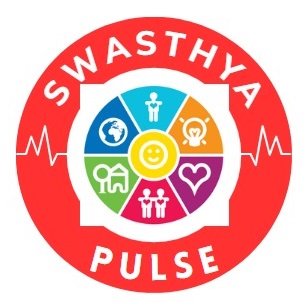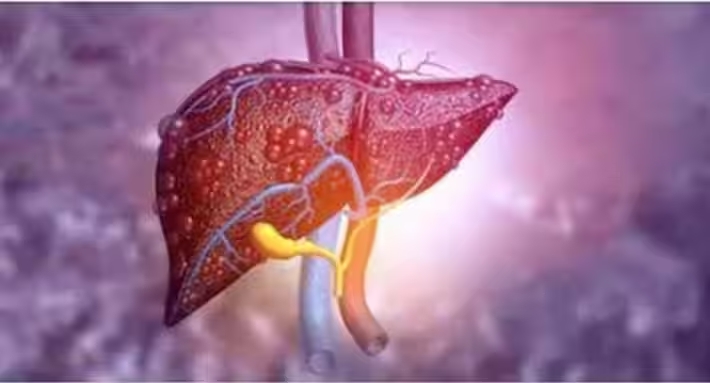According to the findings of World Cancer Research Fund International, liver cancer is the fifth most common cancer among men. In women, it is the ninth most common cancer in women, suggests this world body. Their findings also reveal that in 2018 alone, there were over were over 840,000 new cases of liver cancer.
What Is Liver Cancer?
Located at the right-hand side of the abdomen, your liver is the largest organ of the body that performs some of the most crucial functions like helping your body break down and flush out toxins. It also plays an instrumental role in helping you digest fats, vitamins and other nutrients. Your liver is unable to perform these functions when cancer develops. Liver cancer is a condition where old and damaged liver cells overgrow and multiply instead of dying. Characterised by abnormal cell division, cancer of this organ can be primary or secondary. While primary liver cancer originates in the liver itself, secondary liver cancer occurs when cancer cells from other organs like colon, breast or lungs travel to this organ. This condition can lead to enlarged liver and spleen, swelling of veins in the abdominal skin, bruising and bleeding, high calcium and cholesterol levels.
Liver Cancer Symptoms
Most people don’t experience the sign and symptoms of liver cancer till it reaches an advanced stage. At an advanced stage of liver cancer, you may experience the following:
- Loss of appetite
- Pain and swelling in the upper abdominal pain
- Nausea and vomiting
- General weakness and fatigue
- Yellowing of the skin
- White, chalky stools
- Unexplained weight loss
- Enlarged liver, spleen, or both
- Back pain
- Itching
- Fever
What Causes Liver Cancer?
The function of a cell’s DNA is to is to help your body execute essential chemical functions. Liver cancer is caused by a mutation in the DNA of the liver cells, impairing its functions. Once the DNA is unable to perform its functions, liver cells begin to divide abnormally, triggering the growth of malignant tumours.
Liver Cancer Risks
There are various factors that up your risk of liver cancer. Here, we guide you on the most common ones.
Viral infections: In many cases, viral infections of the liver, namely hepatitis B and C are known to cause liver cancer if left untreated.
Chronic alcoholism: Excessive drinking of alcohol increases the toxic load on the liver that in turn increases your risk of liver disease and cancer.
Food contaminants: Pesticides, chemicals like vinyl chloride, arsenic and plant molds (that produce aflatoxin, a carcinogen) have been proven to cause liver cancer.


